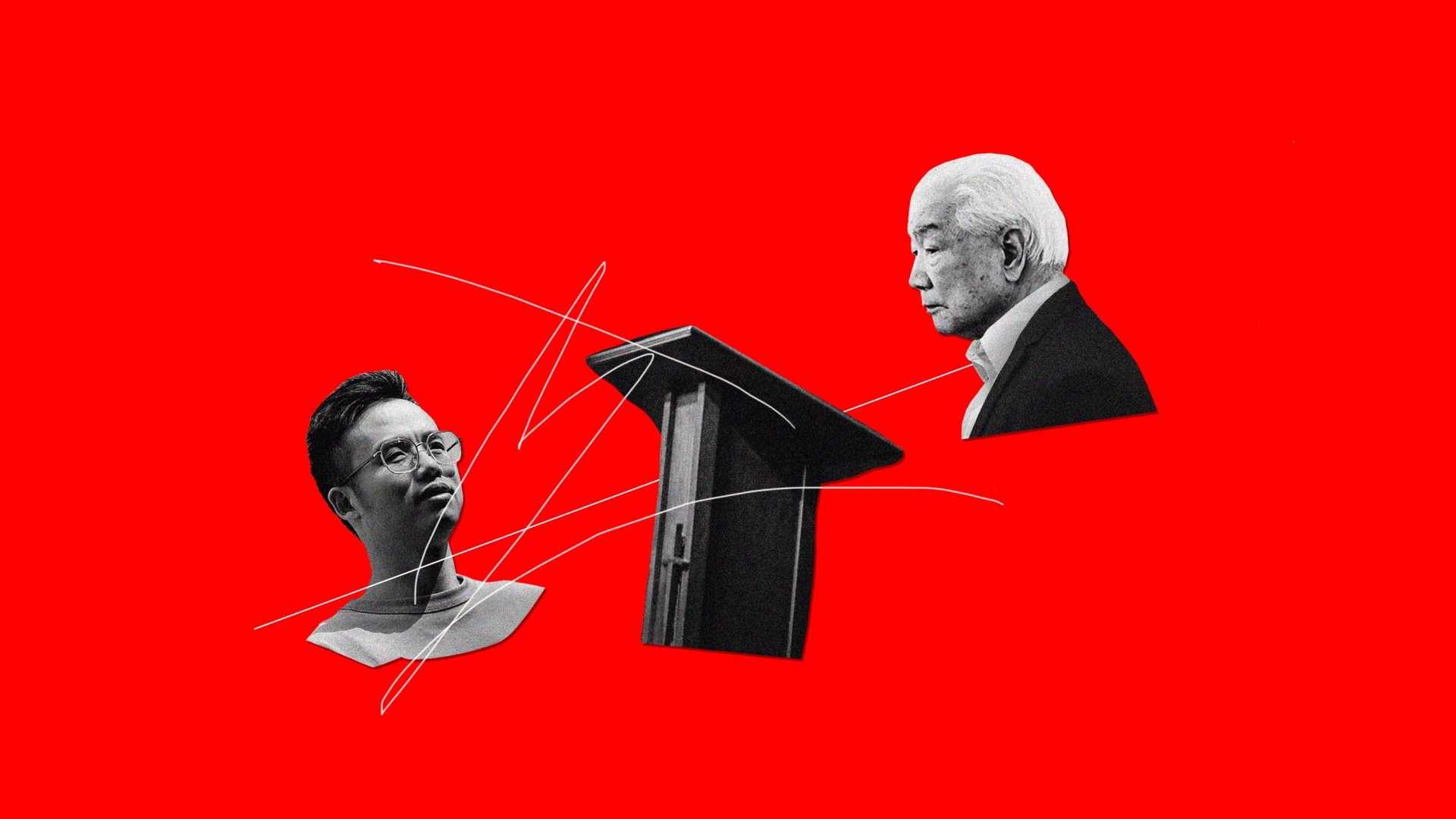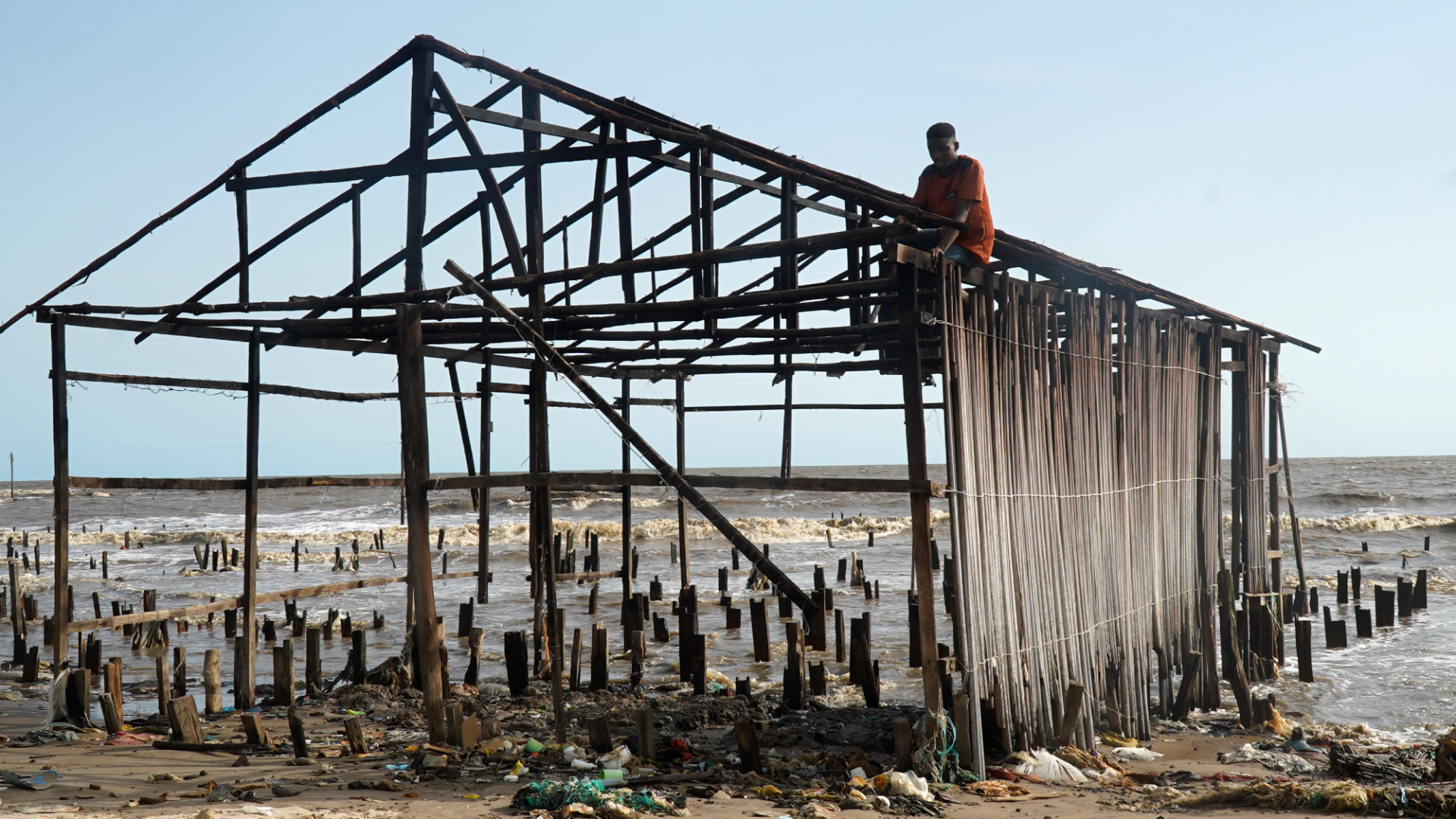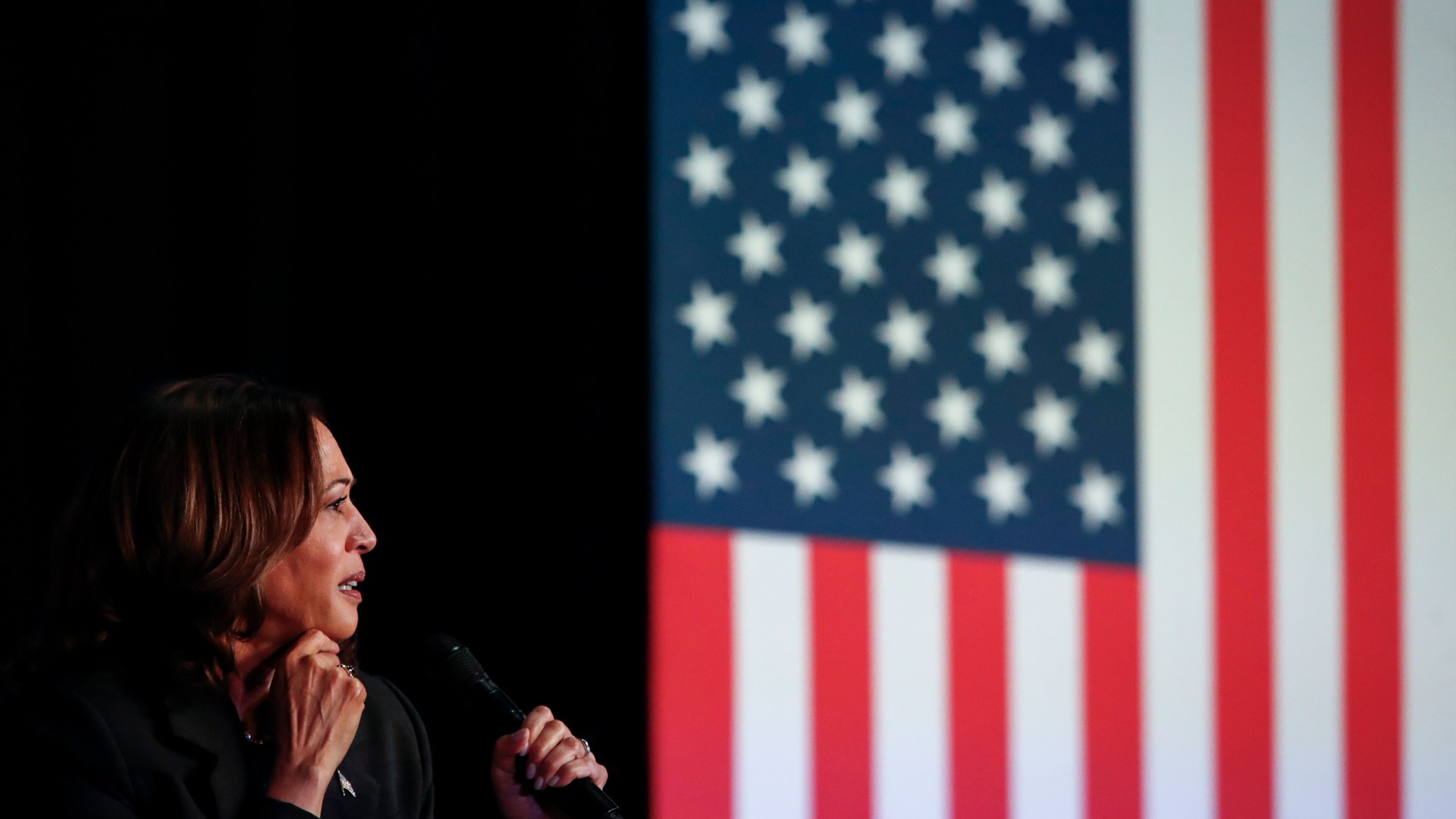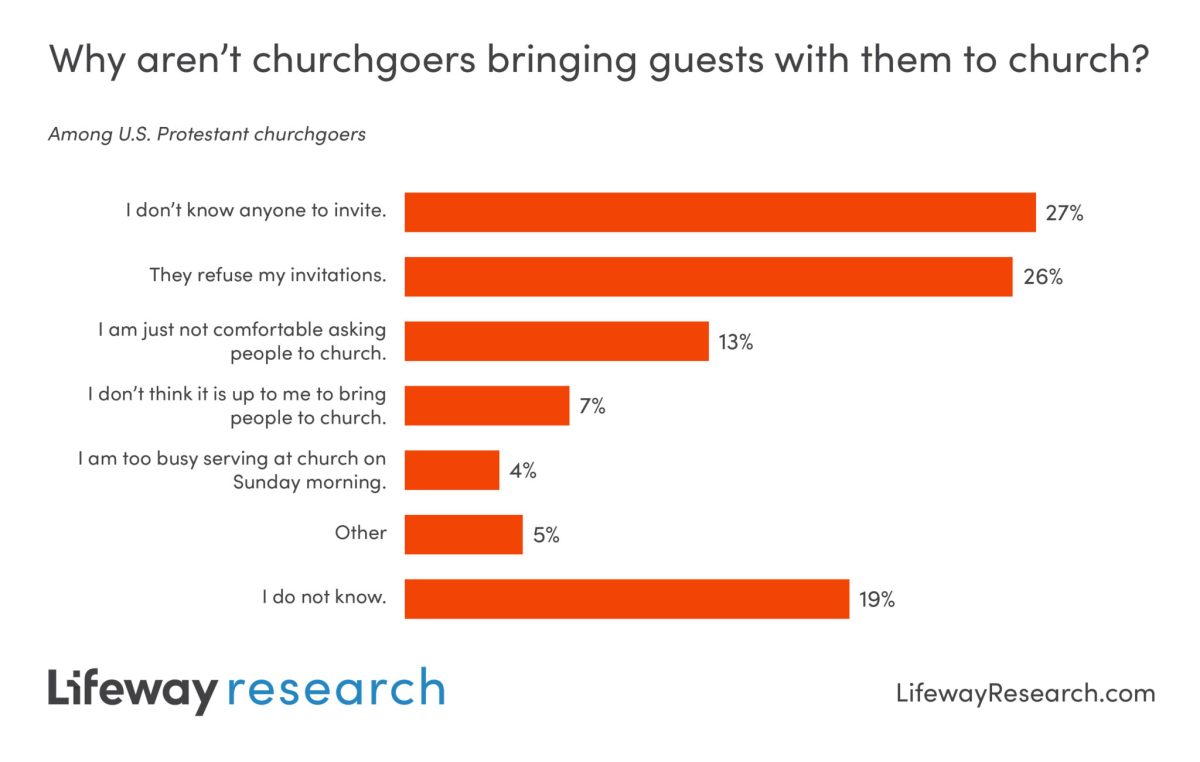On September 6, 2018, the eve of Brazil’s Independence Day, a crowd of people was carrying Jair Bolsonaro through the streets of Juiz de Fora when a man approached and stabbed the then-presidential candidate in the abdomen.
Bolsonaro was rushed to the hospital; the knife had damaged his small intestine and a nearby vein, causing heavy internal bleeding. The injuries kept him in the hospital for more than three weeks during the heat of the presidential campaign.
“God acted and deflected the knife,” said Bolsonaro’s son Flávio within hours of the event.
Though Bolsonaro didn’t exit the attack on his life with a fist pump and look of defiance, his recovery from the assassination attempt nevertheless energized his base and grew his supporters, including among significant numbers of evangelical Christians, who would propel him to the presidency a couple months later.
Just weeks before the attack, polls showed 26 percent of Brazilian evangelicals, which includes both mainstream Protestants as well as neo-Pentecostals, backing Bolsonaro. After the stabbing, that number rose to 36 percent. By the first round of elections on October 7, 48 percent of evangelicals voted for Bolsonaro, a number that increased to 69 percent during his winning November run-off.
Prior to the incident, Bolsonaro had not been shy in his attempts to court the evangelical vote. Journalist Ricardo Alexandre notes in his book E a Verdade Vos Libertará: Reflexões Sobre Religião, Política e Bolsonarismo:
In August 2018, during an interview with GloboNews, the then-candidate declared, “I am a Christian,” and, suggesting the supernatural nature of his success, continued, “Look at the popular support I am having. Isn’t it unimaginable that this is happening? How did I achieve this? When I talk about ‘God’s mission’ I think about the following: What will my motto be? What will my flag be? So I went to John 8:32: ‘And you will know the truth, and the truth will set you free.’”
Up until the attack, evangelical support for the candidate had largely been expressed during campaign stops and rallies—that is, outside the church. The separation of church and state is enshrined in the Brazilian constitution, and all forms of political advertising are banned from any “place of common use,” which includes churches. A church’s formal support of a candidate could result in a fine for the candidate and the religious leader, or possibly force a candidate to resign from a race.
In the aftermath of the violence, however, Bolsonaro’s name began being invoked fearlessly from the front of the church.
“For the majority, the moment was about bringing a word of reconciliation between supporters of Bolsonaro and those who opposed him,” said sociologist Igor Sabino, a specialist in international relations, who remembered hearing pastors teach on Scriptures relating to support of governmental authorities, such as Romans 13, 1 Timothy 2, and the Psalm 72.
The General Convention of the Assemblies of God in Brazil (CGDAB), the largest Pentecostal church in the country, organized a prayer campaign shortly after the assassination attempt, asking God to “direct us to vote for men and women who are committed not only to the good and the future of the nation, but, above all, committed to God and his Word.”
At Igreja Batista Atitude, the Rio de Janeiro church attended by Bolsonaro’s wife, Michelle, leaders paused to pray for the candidate during a conference that was being held on the same day as the stabbing, while those in the sanctuary knelt.
Silas Malafaia, who leads the Pentecostal megachurch Assembly of God Vitória em Cristo, addressed the issue of elections during the evening service on September 6, citing Paul’s words in 1 Timothy 2:1–2 that “petitions, prayers, intercession and thanksgiving be made for all people—for kings and all those in authority.”
As Bolsonaro recuperated in the hospital and made public appearances in the days that followed, many Christians praying for the injured candidate became more vocal about their support for him.
“These weren’t just prayers for Bolsonaro’s health in a time of crisis—an obligation for every Christian,” said Paulo Won, pastor of Igreja Presbiteriana Metropolitana of Campinas. “They were prayers for his victory. From the Pentecostal spectrum to the more traditional churches, the leadership itself established a very clear direction in favor of his candidacy.”
Some of this manifested into action. Four days after the assassination attempt, a group of pastors that included Coalizão Pelo Evangelho (The Gospel Coalition’s Brazil branch) published an open letter that appeared to reference Bolsonaro’s campaign talking points.
One item, for example, asked God to “frustrate all attempts at fraud in the electoral system.” (At that time, only Bolsonaro’s campaign was making allegations of fraud in electronic voting machines.) The document also recommended “rejecting candidates with interventionist emphases in the family, educational, ecclesiastical, and artistic spheres,” reflecting the claims that Bolsonaro and his allies held against the opposing party, Partido dos Trabalhadores.
The letter was widely republished on Reformed social media, church websites, and church bulletins.
On the same day of the attack, Malafaia, who is known for his political prophecies, declared in a video posted on his YouTube channel that the assassination attempt was actually “a sign that Bolsonaro should be the next president of Brazil,” echoing the words of Bolsonaro’s supporters outside of the church.
Street vendors sold T-shirts with Bolsonaro’s face and the words He bled for you, recalled Sabino. Brazilians shared memes of Jesus walking alongside Bolsonaro in the hospital and standing beside the surgeons who operated on him.
“His survival brought elements of spiritual warfare to the campaign, as if there was evidence of a supernatural plan for him, that he would be God’s anointed one,” said Sabino.
For Bolsonaro’s evangelical supporters, this “plan” was God raising up someone to “save Brazil from the forces of a left-wing, atheistic government,” said Victor Fontana, pastor of Comunidade da Vila, a Reformed church in São Paulo.
Those looking for a messianic throughline latched onto anything that appeared to give greater meaning to the attack. “That was foolish,” said Fontana in retrospect. “[The attack] wasn’t a moral act. He didn’t choose to be stabbed.”
The weeks between the attacks and the election became a “union of Brazilian messianism with Christian nationalism,” according to journalist Alexandre. “Bolsonaro presented himself as someone that God sent, a carrier of truth and salvation to Brazil. And who will rise up against the Lord’s anointed? Voting against him, from this perspective, would have been the same as opposing God’s plans.”
This mentality kept many Brazilian Christians from critically examining Bolsonaro as a candidate, including reflecting on his seeming endorsements of the military dictatorship that ruled Brazil from 1964 to 1985 and statements that many found misogynistic and prejudiced.
Instead, after he won the presidency in that 2018 election, evangelicals rarely criticized him during his term. Many joined in storming the Congresso Nacional, the Supremo Tribunal Federal, and the presidential palace on January 8 2023, appealing to the army for a military coup after Bolsonaro lost the previous year election and accused it of being stolen. A number of protesters carried Bibles, praying before they entered Congress and singing hymns while being arrested by federal police. At least four pastors were among those detained.
“It seems that many evangelicals in Brazil do not fully understand how democracy works, with the natural alternation of power,” said Won. “It’s as if democracy doesn’t matter, and what counts is the permanence of God’s anointed one.”
Six years after the stabbing incident, some pastors are now questioning what happened. “We made the mistake of turning a blind eye to those who call themselves Christians but whose actions are far from Christ,” said Ziel Machado, a Methodist pastor and vice-rector of Servo de Cristo Seminary in São Paulo.
Brazilian evangelical leaders and churchgoers could have defended democratic ideals in 2018 and in the years that followed, says Daniel Guanaes, who pastors Igreja Presbiteriana do Recreio in Rio de Janeiro. He believes that incidents such as the stabbing of Bolsonaro and the recent shooting against former US president Donald Trump present an opportunity for the church to take a stand against political violence, emphasizing how such acts are antithetical to Christianity and democracy.
“Legally, they are crimes; theologically, they are sins,” he said. But this was not the route the Brazilian church took. “The stabbing became partisan. And we were wrong about it.”
The church of Jesus Christ should not be confused with the evangelical movement in Brazil (or in the United States or in any other country), nor with the social movement studied by political scientists, says Alexandre, and conflating the two will have significant negative repercussions for the growth of the church.
“This identification of the church with a political faction is the kiss of death for Brazilian evangelicalism,” he said. “This will become very clear in the religious affiliation statistics in the coming years.”









































